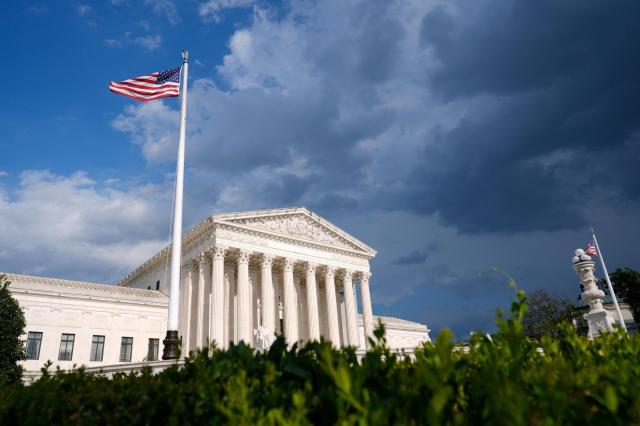Faith vs. Freedom: Supreme Court Wrestles with Constitutional Clash

Supreme Court Poised to Decide Landmark Case on Religious Schools and Public Funding
In a potentially groundbreaking legal battle, the U.S. Supreme Court is preparing to examine a critical question at the intersection of education, religious freedom, and public funding. The case centers on whether religious institutions can legally access public funds through charter school programs, a decision that could dramatically reshape the landscape of educational funding and religious school participation.
This high-stakes legal challenge promises to have far-reaching implications for religious communities, educational institutions, and the delicate balance between church and state. The Court's ruling could set a significant precedent that impacts how public resources are allocated to schools with religious affiliations.
Legal experts and education advocates are closely watching the case, understanding that the Supreme Court's decision could fundamentally transform educational funding mechanisms and potentially open new pathways for religious schools to receive government support.
The outcome will likely have profound consequences for how we interpret the constitutional boundaries between public funding and religious institutions, making this a landmark case with potential national significance.

